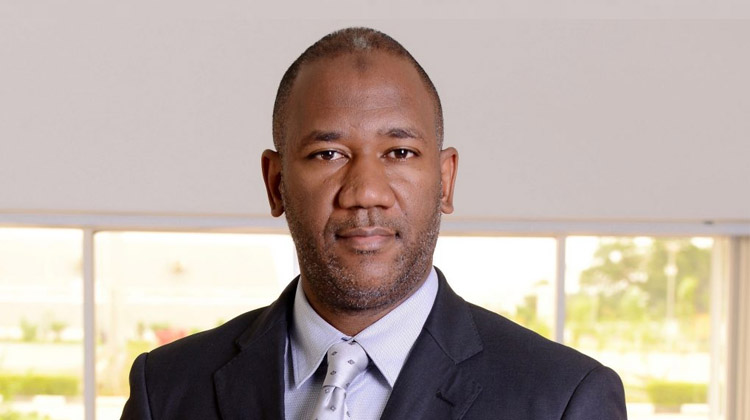Datti Baba-Ahmed, the 2023 vice-presidential candidate of the Labour Party, has expressed his skepticism about the recently formed opposition coalition under the umbrella of the African Democratic Congress (ADC). He has characterized the coalition as deceptive, arguing that it lacks the capacity to deliver Nigeria from its current state of underdevelopment. This criticism comes as a surprise given that his 2023 running mate, Peter Obi, is a prominent member of the ADC coalition. Baba-Ahmed made his views known during a televised interview, adding another layer of complexity to the already intricate political landscape in Nigeria.
Baba-Ahmed’s critique of the ADC coalition highlights the underlying tensions and differing strategic visions within the opposition movement. While acknowledging his continued support for Peter Obi’s presidential ambitions, Baba-Ahmed expressed a clear preference for Obi to remain within the Labour Party for the 2027 elections. This divergence in political strategy underscores the challenges of maintaining unity within opposition ranks and suggests potential fissures in the movement going forward. The ADC coalition, which includes prominent political figures like David Mark, Atiku Abubakar, Nasir el-Rufai, Rotimi Amaechi, and Rauf Aregbesola, represents a significant attempt to consolidate opposition forces against the ruling All Progressives Congress (APC). However, Baba-Ahmed’s comments raise questions about the coalition’s cohesiveness and its ability to present a united front in future elections.
During the interview, Baba-Ahmed reiterated his unwavering support for Peter Obi and expressed his willingness to serve as his running mate again in the 2027 elections, provided the existing electoral system remains in place. He emphasized his enduring commitment to Nigeria’s progress and his desire to collaborate with like-minded individuals and groups to achieve the country’s restoration. This reaffirmation of loyalty signals a strong bond between Baba-Ahmed and Obi, even as they navigate differing views on the optimal path forward. It also suggests a potential tension between loyalty to a specific candidate and the strategic advantages of broader political alliances.
Baba-Ahmed’s statement also sheds light on his selective approach to political partnerships. He indicated that there are only two individuals he would consider serving as a deputy. While he refrained from naming the first individual, he explicitly identified Peter Obi as the second, further emphasizing his close political alignment with the former Anambra governor. This selective approach to political alliances indicates a discerning approach to political partnerships, prioritizing shared values and vision over mere political expediency. It suggests that Baba-Ahmed values a strong working relationship and shared goals over broader coalitions that might involve compromising on core principles.
The contrasting perspectives of Baba-Ahmed and Obi on the ADC coalition underscore a broader debate within Nigerian opposition politics regarding the most effective strategy for challenging the ruling APC. While some advocate for a broad coalition encompassing diverse political figures, others, like Baba-Ahmed, express reservations about the viability and effectiveness of such alliances. This debate reflects the complexities of Nigerian politics and the challenges of building a unified and effective opposition movement. It also highlights the potential for internal divisions and power struggles within the opposition, which could ultimately undermine their efforts to bring about political change.
In essence, Datti Baba-Ahmed’s critical stance on the ADC coalition and his unwavering support for Peter Obi within the Labour Party frame a compelling narrative of loyalty, strategic differences, and the ongoing quest for a viable opposition movement in Nigeria. His comments provide valuable insight into the internal dynamics of the opposition and the challenges of forging a united front against the ruling party. The differing approaches of Baba-Ahmed and Obi regarding the ADC coalition underscore the complex calculations and strategic decisions that shape the Nigerian political landscape. As the 2027 elections draw closer, the evolution of these alliances and the ongoing debate within the opposition will be crucial factors in determining the future direction of Nigerian politics.














